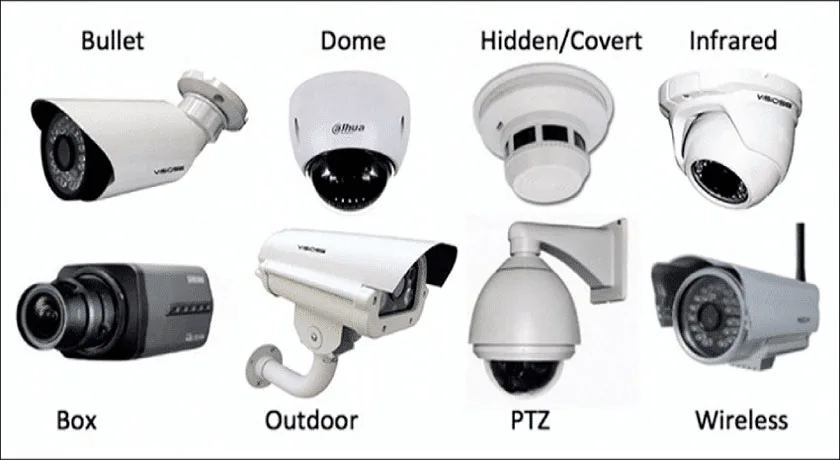In an era where security concerns are paramount, investing in a security camera system for your home is a proactive step towards safeguarding your property, belongings, and loved ones. Security cameras provide surveillance and monitoring capabilities, allowing you to keep a watchful eye on your home even when you’re away. In this comprehensive guide, we’ll explore the benefits of security cameras for home use, the types of cameras available, key features to consider, and best practices for installation and usage.
Benefits of Security Cameras for Home:
- Deterrence: Visible security cameras act as a deterrent to potential intruders, reducing the likelihood of break-ins and unauthorized access to your property.
- Remote Monitoring: With modern security camera systems, you can remotely monitor your home in real-time using your smartphone, tablet, or computer, providing peace of mind and the ability to respond promptly to any security threats.
- Evidence Collection: In the event of a security breach or criminal activity, security camera footage serves as valuable evidence for law enforcement and insurance claims, aiding in investigations and increasing the likelihood of apprehending perpetrators.
- Protection Against Property Damage: Security cameras can also help protect against property damage from vandalism, theft, or other malicious activities by capturing footage of perpetrators in the act.
Types of Security Cameras:

- Indoor Cameras: Designed for indoor use, these cameras are typically smaller and more discreet, making them suitable for monitoring interior spaces such as living rooms, bedrooms, or hallways.
- Outdoor Cameras: Built to withstand the elements, outdoor cameras are weatherproof and equipped with features such as night vision, motion detection, and wide-angle lenses to capture clear footage of the surrounding area.
- Wireless Cameras: Wireless security cameras connect to your home Wi-Fi network, offering flexibility in placement and easy installation without the need for extensive wiring.
- Wired Cameras: Wired security cameras require physical connections to power sources and recording devices, providing a reliable and stable connection but requiring professional installation for optimal performance.
Key Features to Consider:
- Resolution: High-definition (HD) or ultra-high-definition (UHD) resolution ensures clear and detailed footage, allowing you to capture important details such as faces or license plate numbers.
- Night Vision: Infrared (IR) or low-light capabilities enable security cameras to capture footage in low-light or nighttime conditions, providing around-the-clock surveillance.
- Motion Detection: Motion-activated recording triggers the camera to start recording when motion is detected, minimizing storage space and alerting you to potential security threats in real-time.
- Remote Access: Remote viewing and management capabilities allow you to access live and recorded footage from your security cameras via a mobile app or web browser, providing convenience and accessibility.
Best Practices for Installation and Usage:
- Strategic Placement: Position security cameras strategically to cover key entry points, such as doors, windows, and driveways, as well as vulnerable areas like blind spots or secluded corners.
- Secure Network: Ensure your home Wi-Fi network is secure by using strong passwords, enabling encryption, and regularly updating firmware to protect against unauthorized access to your security camera feed.
- Regular Maintenance: Perform routine maintenance tasks such as cleaning camera lenses, checking connections, and updating firmware to ensure optimal performance and reliability.
- Legal Considerations: Familiarize yourself with local laws and regulations regarding the use of security cameras, including privacy concerns and restrictions on recording audio or video in certain areas.
In conclusion, security cameras for home use offer numerous benefits in enhancing security, providing peace of mind, and deterring criminal activity. By understanding the types of cameras available, key features to consider, and best practices for installation and usage, homeowners can make informed decisions when selecting and deploying security camera systems to protect their homes and loved ones.

